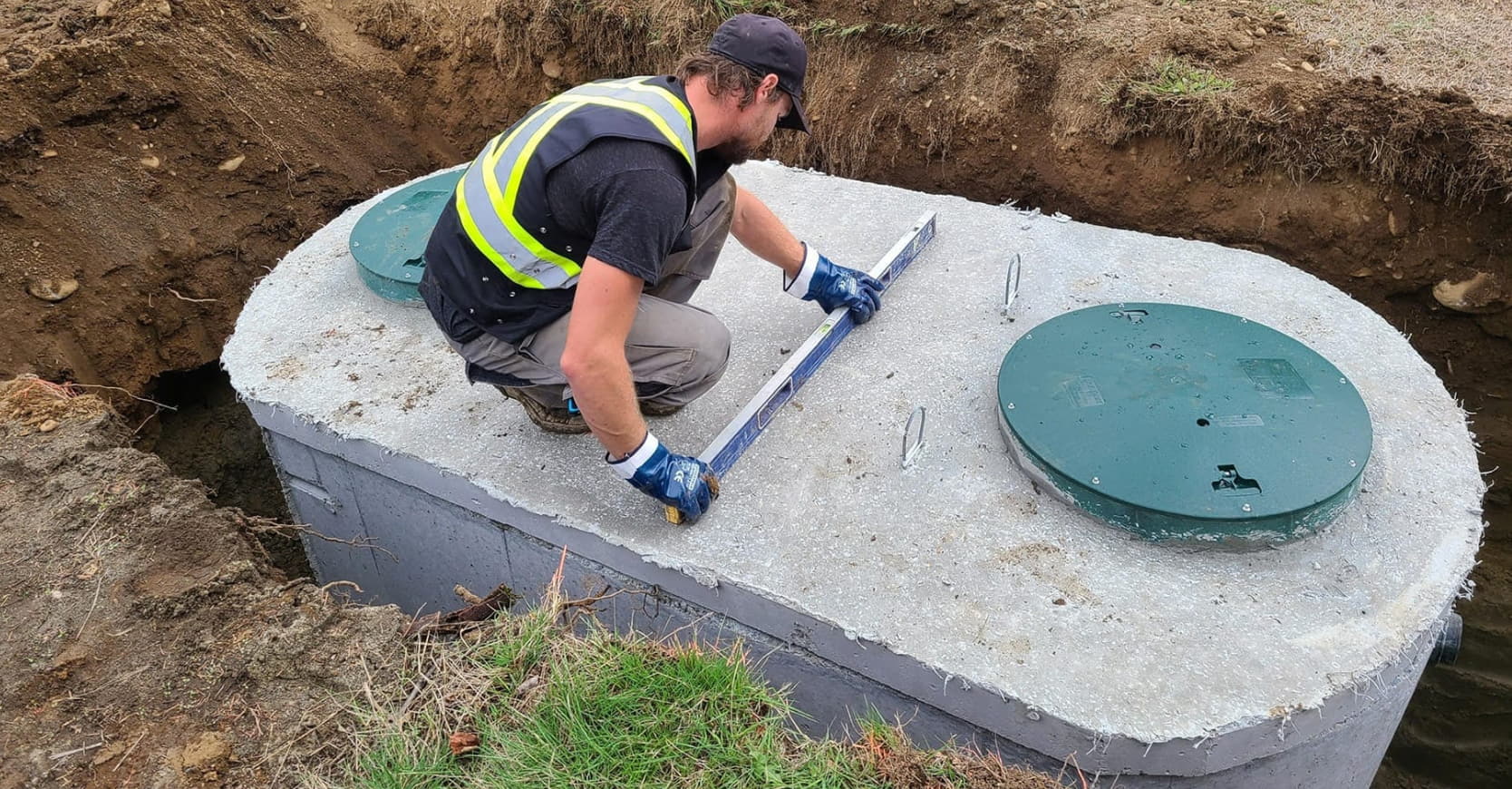Reasons Why Concrete Septic Tanks Are Still Relevant
In the world of wastewater management, concrete septic tanks stand the test of time, offering outstanding performance and reliability. While modern materials and technologies have brought forth alternative solutions, these classic systems demonstrate enduring relevance. From environmental resilience to longevity, let’s discuss the reasons why concrete septic systems remain a viable choice for homeowners today.
Durability that Stands Strong
Concrete septic tanks are renowned for their robustness. They are built to withstand extreme conditions and are less prone to damage during installation. Unlike their plastic or fibreglass counterparts, concrete tanks are not affected by buoyancy issues, which means they are less likely to shift underground or rise to the surface. This stability is crucial, particularly in areas with high water tables or prone to flooding.
Eco-Friendly and Sustainable
Concrete is a sustainable material, made from plentiful natural resources such as limestone, water, and aggregate. When considering environmental impact, concrete septic tanks have a lower carbon footprint during production compared to tanks made with synthetic materials. More importantly, the longevity of concrete reduces the need for replacements, decreasing the overall environmental load over time.
Long-Term Cost Efficiency
The initial costs of concrete septic tanks might be higher than other options, but their value shines over the long haul. These tanks have a shelf life that spans decades, ensuring that the investment pays off in the long run. Minimized risk of damage means fewer repairs and lower maintenance costs, presenting homeowners with significant savings as the years pass.
Compatibility with Various Soil Types
One of the lesser-known benefits of concrete septic tanks is their versatility across different soil conditions. Whether your property features sandy soil, clay, or something in between, concrete tanks maintain their performance without the need for special adaptations. This universality is a testament to their relevance, no matter the geographic area.
Capacity for Heavy Loads
The sheer weight and strength of concrete allow for these tanks to bear substantial loads. This feature proves advantageous in instances where heavy vehicles or machinery need to traverse the area above the tank. Homeowners rest easy knowing these structures won’t buckle under the pressure.
Ensured Longevity
Regular maintenance and inspections can prolong the service life of a septic tank. Concrete’s inherent strength grows with time, improving its ability to contain and treat wastewater effectively. As a result, homeowners enjoy the security of a dependable system that lasts.
Conclusion
Despite the advancement of alternative materials, concrete septic tanks maintain their relevance through inherent strength, sustainability, and economic sense. Their continued use is a testament to the tried-and-true principle – if it’s not broken, why fix it? With a track record of reliable performance and adaptability, it’s clear that concrete septic systems are here to stay, ensuring clean, efficient, and environmentally friendly waste management for generations to come.





